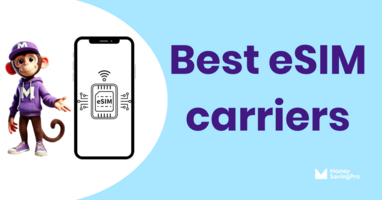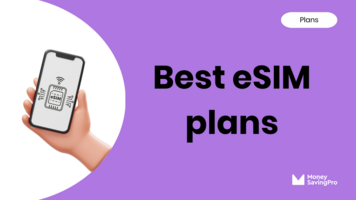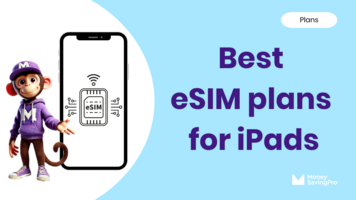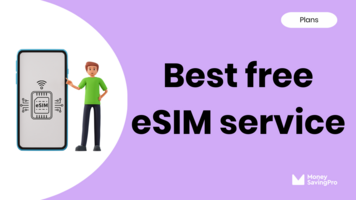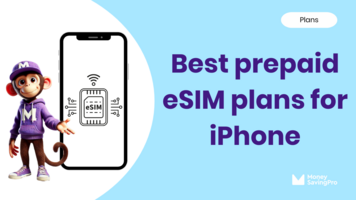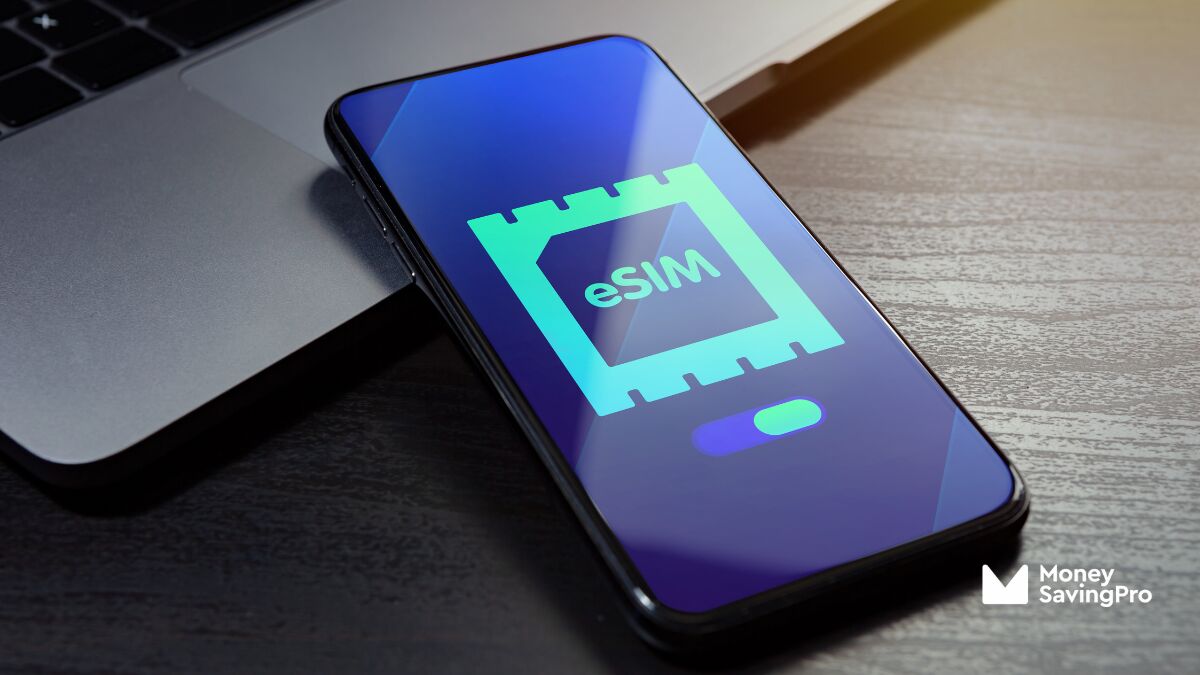
Transferring an eSIM to your new iPhone has never been easier. In fact, the good news is Apple offers an eSIM Quick Transfer process when moving from iPhone to iPhone.
Moving from an Android? It's still a simple process, and I'll cover that within this guide.
Since I've been through this process myself recently, I'll walk you through the steps to transfer your eSIM to a new iPhone.
1: Before transferring your eSIM to a new iPhone
If you have an iPhone XS, iPhone XS Max, or newer, it'll support eSIM. But before you get started on transferring your eSIM to your new iPhone, it's worth checking if your carrier supports eSIM Quick Transfer.
If your carrier doesn't support Quick Transfer, don't worry; you'll just need some activation details like a QR code to get set up. You'll also have to get an activation code if you're moving across from an Android.
2: Transfer your eSIM to your iPhone during setup
If you're not able to access your previous iPhone, you'll need to contact your carrier to organize the transfer and get an eSIM carrier activation code. However, if you do have access to both iPhones, you can follow these steps:
- Backup: First, back up your old iPhone to iCloud or your computer.
- Set up your new iPhone Switch on your new device and begin the setup process. During setup, look for an option saying "Transfer Cellular Plan."
- Transfer eSIM: Follow the on-screen instructions to transfer your eSIM.
- Check your connection: Once it's completed, try making a call to check connectivity. Once the transfer is complete, iOS normally deactivates the plan on your old iPhone. But it's always best to double-check.
Transferring an eSIM from Android to iPhone
If you're looking to transfer your eSIM from an Android to a new iPhone, you can't transfer directly. You'll need to contact your carrier for a QR code to scan with your new iPhone or a verification code.
When transferring between different phone models, sometimes you'll need to delete your eSIM profile on your old phone before installing it on your new phone. But carriers often have different ways of doing this, so it's always best to check the instructions from your new carrier.
3: Transfer your eSIM to your iPhone after setup
If you didn't complete the transfer during the setup, you can still do a quick transfer:
- Settings > Cellular > Add Cellular Plan
- Make sure your eSIM plan is listed
- Check on your old iPhone for a notification asking you to confirm the transfer
- Click on Transfer to approve the request
4: Transfer your eSIM to iPhone on iOS 16 or later
If your iPhone supports iOS 16, there's more than one way to quickly transfer your eSIM from iPhone to iPhone. With the iOS 16, Apple introduced eSIM transfer via Bluetooth. You'll need to go to Settings > Set up eSIM and then follow the instructions.
Transferring eSIM to a new iPhone FAQs
No. As long as you follow the steps, and it's always worth backing up your data to iCloud before starting the transfer.
Not necessarily. If your carrier supports Quick Transfer or you're on iOS 16 or later, you shouldn't need an activation code. But if not, you'll be sent a QR code.
Recap
Transfering your eSIM plan to a new iPhone is quick and easy. No more having to mess around with a prepaid SIM card. If you're transferring from iPhone to iPhone and your carrier supports Quick Transfer, you'll just need to follow a few steps to be up and running.
If you're moving from an Android to an iPhone or your carrier doesn't support Quick Transfer, you'll need a QR code to make the transfer.
iPhone eSIM FAQs
- What is an iPhone eSIM? How does it work?
- How to Get a Free iPhone eSIM Trial
- How to setup an eSIM on an iPhone
- How to Switch eSIM Carriers on iPhone
- How to Transfer eSIM to a New iPhone
- How to Buy eSIM on iPhone
- Which iPad Models are eSIM compatible?
- Which iPhones Support Dual SIM?
- How Many eSIMs does an iPhone 14 have?
